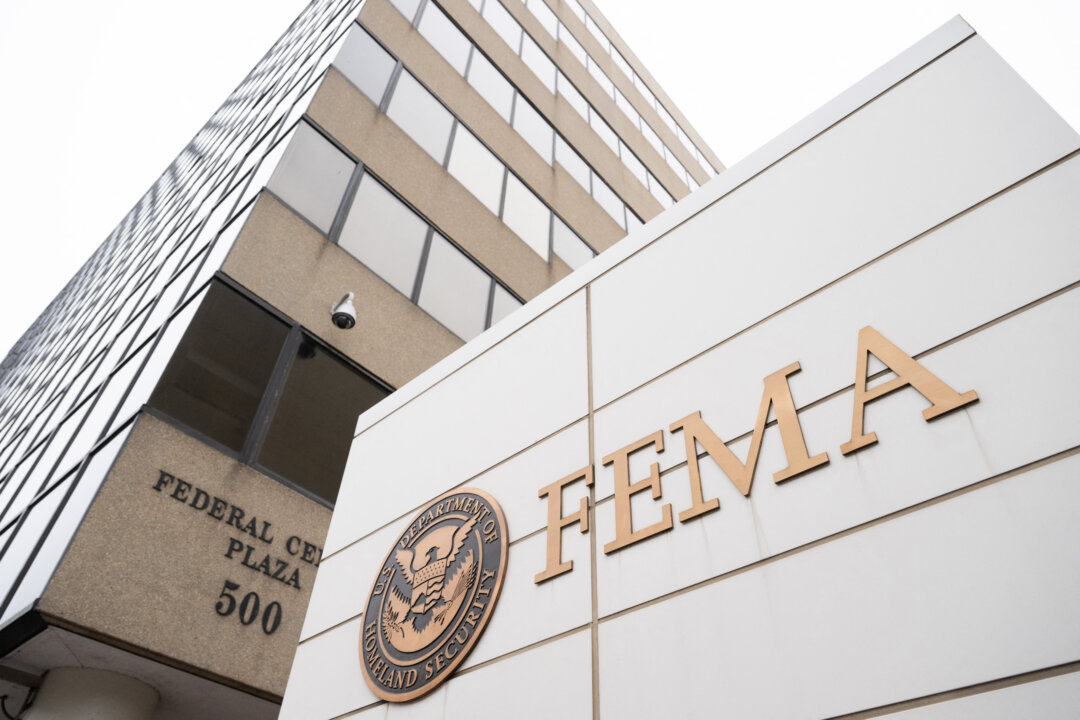A Dangerous Escalation
The latest escalation between India and Pakistan began when India launched military strikes against what it described as "terrorist infrastructure" in Pakistan. Pakistan has vowed to retaliate, but so far, it has refrained from responding in kind. On Thursday, Pakistan claimed to have downed at least 25 Indian loitering munition drones, calling it a "serious provocation" from India. These claims are still unverified.
The confrontation between the two countries is the most serious in decades, with millions of people along the border caught in a tense and dangerous situation. India's strikes were in response to a massacre in Kashmir last month, which New Delhi blamed on militants allegedly backed by Pakistan. The massacre resulted in 26 deaths, further inflaming the already tense situation.
Public Reactions and Claims of Victory
In India, the military strikes were met with widespread public support, with many media outlets hailing the government's response. India's leadership referred to the strikes as "justice" for the victims of the massacre. On the other side, Pakistan's Prime Minister Shehbaz Sharif vowed to avenge the deaths of 31 people allegedly killed in India's airstrikes. However, he too appeared to claim victory over the downing of Indian fighter jets.
The strikes targeted multiple locations within Pakistan's Punjab province, a region that is critical both politically and militarily. One of the attacks reportedly hit a mosque, intensifying the anger in Pakistan, a Muslim-majority nation. India has stated that its strikes only targeted militant infrastructure and did not cause civilian casualties.
The Uncertainty of Future Escalation
Now, all eyes are on Pakistan and its next move. Analysts warn that if Pakistan seeks to save face by declaring victory over the downing of Indian jets, the situation might de-escalate. However, if Pakistan decides to retaliate, the crisis could quickly spiral into full-scale conflict.
Both countries have nuclear capabilities, and any further escalation could have catastrophic consequences. India and Pakistan have fought three wars in the past over the Kashmir region, which both nations claim in its entirety. The region remains a flashpoint for violence, and the stakes have never been higher.
The Strategic Stakes for Both Nations
India, with its larger military and a stronger economy, is seen as being in a more favourable position in any conventional conflict. But India too has significant risks if the conflict continues. India's military resources are already stretched due to security concerns along its border with China. On the other hand, Pakistan's situation is more precarious, facing political instability and economic struggles, with a population of 230 million people.
Despite these disparities, both countries understand the devastating consequences of an all-out war. Many analysts believe that both India and Pakistan are rational actors who do not want to escalate the conflict further.
The Path to De-escalation
India has stressed that its strikes were targeted, measured, and non-escalatory. Top officials in New Delhi have reached out to international partners, including the United States, Middle Eastern countries, and Russia, in an effort to prevent further escalation.
In Pakistan, leaders have focused on claiming victory, with the military asserting that it shot down five Indian fighter jets. India has yet to confirm these claims, and there is no independent verification of the downing of the jets. However, reports indicate that at least one of India's advanced Rafale fighter jets may have been lost during the confrontation.
International Pressure and Diplomacy
In this volatile situation, international actors have called for de-escalation. The United States, historically a mediator in such crises, may attempt to intervene, though its willingness to dedicate resources remains unclear. China, despite calling for de-escalation, has strained relations with India, which limits its potential role as an intermediary. The Gulf states, especially Qatar, Saudi Arabia, and the UAE have strong ties with both India and Pakistan, making them key potential mediators.
The situation is still fluid, and many analysts agree that while there is an off-ramp for both nations, the crisis remains unpredictable and dangerous.
The Road Ahead
The path forward for India and Pakistan is uncertain. The next steps will largely depend on Pakistan's actions. If both sides continue to claim victory without escalating further, there may be a chance for diplomacy and de-escalation. However, if either nation chooses to strike again, the risk of a wider conflict will increase exponentially, and the consequences could be catastrophic for both countries and the wider region.
Stay informed with Newsbuck – your go-to source for global news, trends, and updates across tech, health, politics, and more. Trusted stories, delivered fresh. Explore more on Newsbuck!
















